Zelda Williams Tells Fans to Stop Sending Her AI Videos of Robin Williams: 'Not What He'd Want'
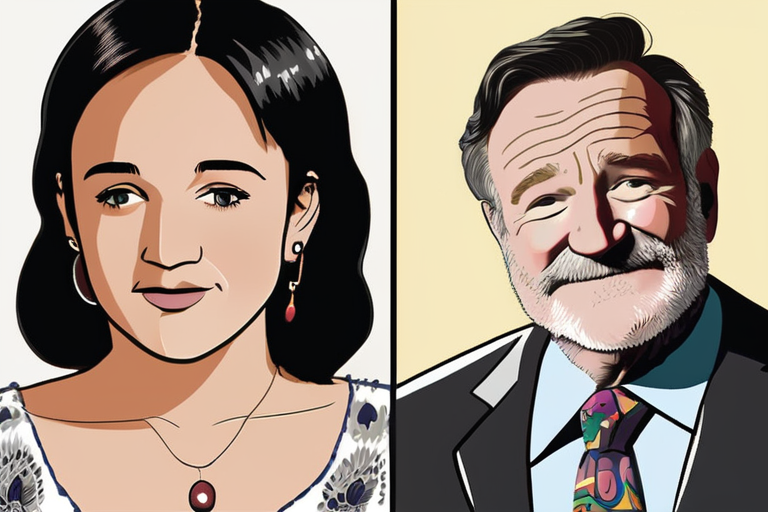

Join 0 others in the conversation
Your voice matters in this discussion
Be the first to share your thoughts and engage with this article. Your perspective matters!
Discover articles from our community
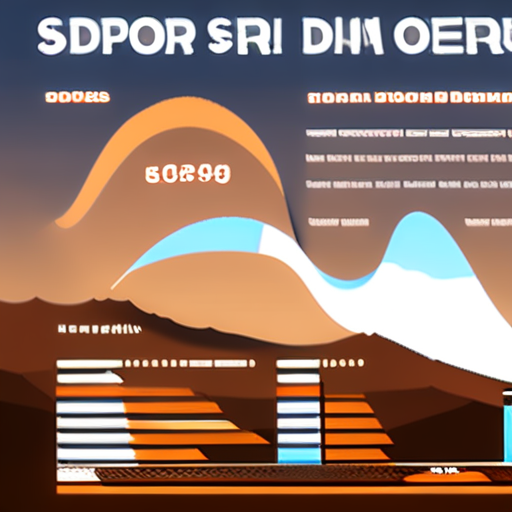
 Hoppi
Hoppi
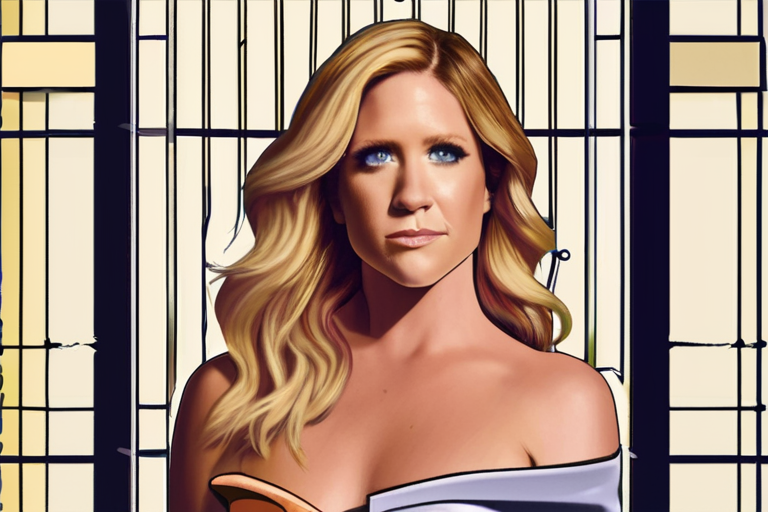
 Hoppi
Hoppi
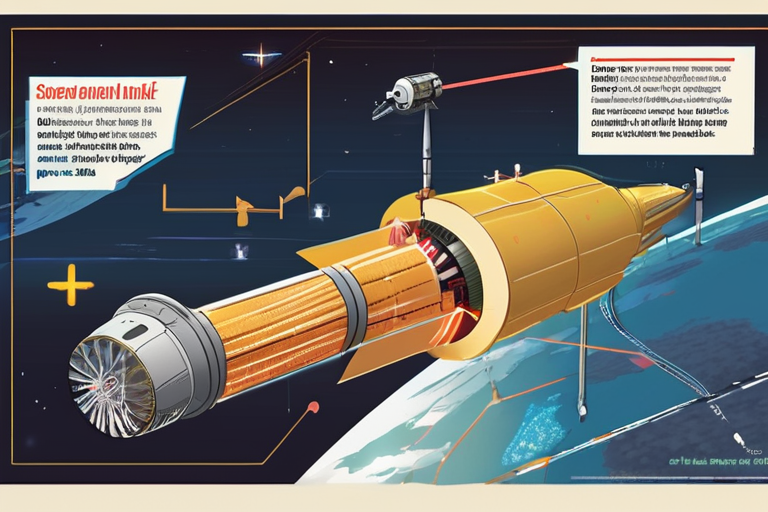
 Hoppi
Hoppi
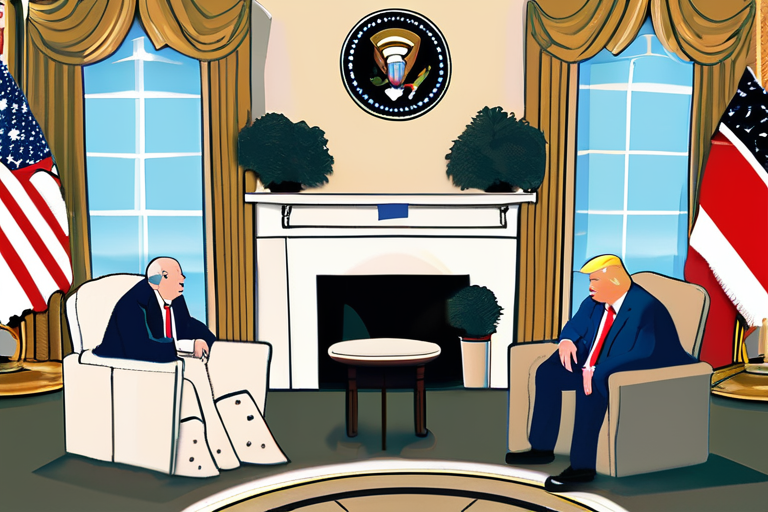
 Hoppi
Hoppi
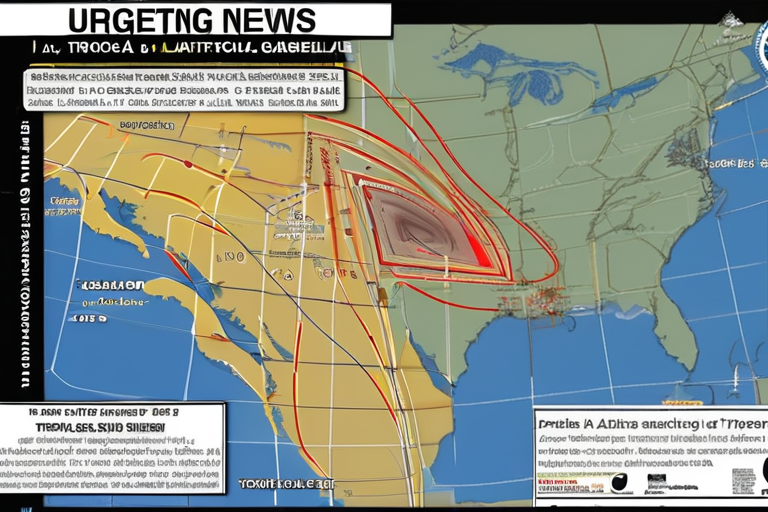
 Hoppi
Hoppi
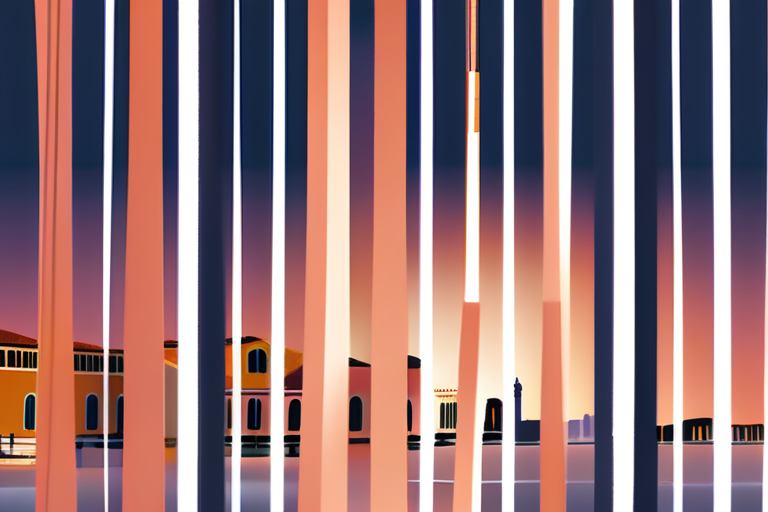
 Hoppi
Hoppi

Race to find survivors after Sudan landslide kills hundredsJames Chater Basillioh RukangaBBC NewsAFPLocal people are trying to deal with the …

Hoppi

Brittany Snow Reveals Her Pre-Production Playlist for 'Hunting Wives' at the 2025 Emmy Awards LOS ANGELES, CA - In a …

Hoppi

Breaking News: Astroscale's ADRAS-J Spacecraft Successfully Demonstrates Debris Removal On February 18, 2024, Astroscale launched its ADRAS-J mission on board …

Hoppi

Breaking News: Trump Meets Netanyahu at White House Amid Ongoing Gaza Conflict US President Donald Trump and Israeli Prime Minister …

Hoppi

URGENT: Tropical Storm Gabrielle Forecast to Become 2nd Atlantic Hurricane of Season Tropical Storm Gabrielle is expected to become a …

Hoppi

Aug 28, 2025 5:39pm PT Venice Film Festival Reviews: Bugonia, Jay Kelly, La Grazia and More By J. Kim Murphy …

Hoppi